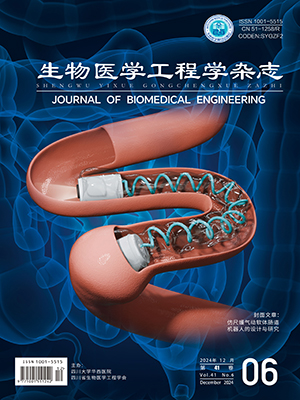This paper presents a feature extraction method based on multivariate empirical mode decomposition (MEMD) combining with the power spectrum feature, and the method aims at the non-stationary electroencephalogram (EEG) or magnetoencephalogram (MEG) signal in brain-computer interface (BCI) system. Firstly, we utilized MEMD algorithm to decompose multichannel brain signals into a series of multiple intrinsic mode function (IMF), which was proximate stationary and with multi-scale. Then we extracted and reduced the power characteristic from each IMF to a lower dimensions using principal component analysis (PCA). Finally, we classified the motor imagery tasks by linear discriminant analysis classifier. The experimental verification showed that the correct recognition rates of the two-class and four-class tasks of the BCI competitionⅢand competitionⅣreached 92.0% and 46.2%, respectively, which were superior to the winner of the BCI competition. The experimental proved that the proposed method was reasonably effective and stable and it would provide a new way for feature extraction.
Citation: WANGJinjia, LIUYuan. A Feature Extraction Method for Brain Computer Interface Based on Multivariate Empirical Mode Decomposition. Journal of Biomedical Engineering, 2015, 32(2): 451-454, 464. doi: 10.7507/1001-5515.20150081 Copy
Copyright © the editorial department of Journal of Biomedical Engineering of West China Medical Publisher. All rights reserved




